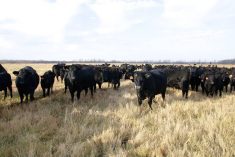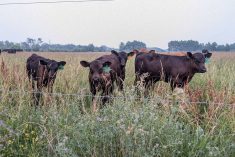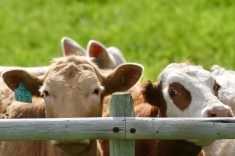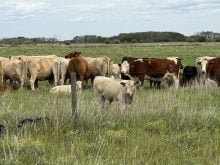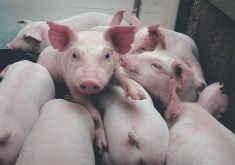A Calgary company has announced the world’s first live test for BSE.
Bill Hogan of the newly formed Vacci-Test Corp. is confident the test will pass international scrutiny so the product can go on the market this fall.
“We have political hurdles to overcome … we don’t have any more scientific hurdles. We have the discovery and it works 100 percent of the time,” he said June 16.
Documentation is being submitted to regulators such as the Canadian Food Inspection Agency, the United States Department of Agriculture and European and Japanese authorities. Hogan is confident they will arrive at the same conclusions and the product could be ready for commercialization through a pharmaceutical company.
Read Also
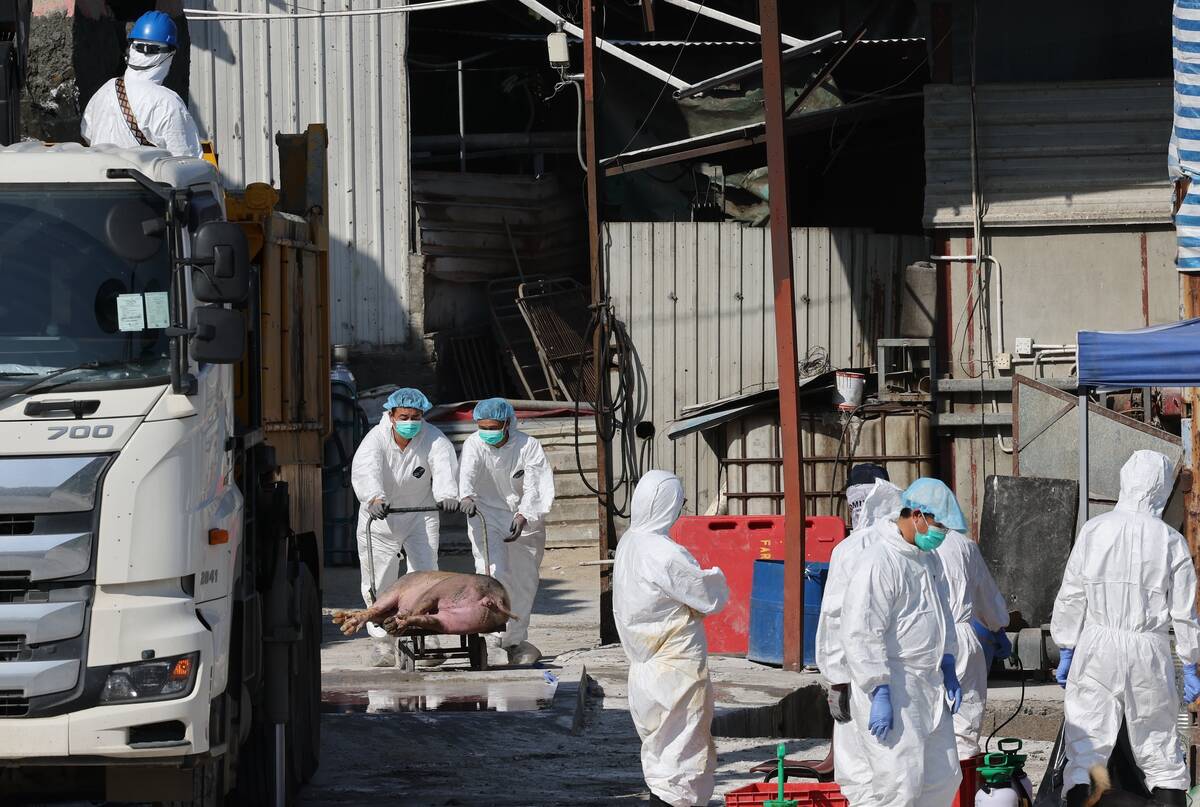
Mixed results on new African swine fever vaccine
The new African swine fever vaccine still has issues, but also gave researchers insight into how virus strain impacts protection against the deadly pig disease.
The test works on the basis that infectious diseases produce a marker for infection in the blood. In the case of BSE, scientists are looking for the protein 14-3-3 found in blood of an infected animal.
“The BSE is an infectious brain disease but the bad prion can’t be detected in blood. The identification of the disease on our marker is in the blood,” Hogan said.
The test is a latex strip about five by 2.5 centimetres in size enclosing a formulation to detect the protein. The test contains a blotter-like strip where the blood drop is placed on a dot and it moves to a positive or negative line similar to a home pregnancy test. It can provide results in 30 minutes.
Vacci-Test is developing similar tests to detect human diseases like hepatitis B, diphtheria, tetanus and leptosporosis. On the animal side, it is looking for equine tetanus, bird diseases, brucellosis or any transmissible encephalopathy including BSE, scrapie and chronic wasting disease.
The company is among several hoping to find a reliable live test rather than relying on brain samples from a dead animal. Some Canadian scientists remain skeptical the test can pass by this fall.
“It has very much been a Holy Grail of BSE for a very long time,” said Chris Clark of the veterinary college at the University of Saskatchewan.
“The proof of this test will be very much in the validation.”
Clark said the science is reasonable in looking for some sort of marker in the blood, but the test’s fate could depend on validation from regulatory authorities that will attempt to duplicate the results.
He wants to know at what age the test could find a positive result. Scientists know cattle are likely infected before six months of age.
Currently, signs of the disease in animals that young are undetectable. After two to seven years, the disease shows up.
The ultimate goal is a blood test capable of detecting infection when the animal is between six months and five years old.
“That is the blood test we really need if we are going to be able to export animals to countries that don’t want to get BSE,” he said.
“That will be the real Holy Grail.”
Calvin Booker, a researcher and veterinarian with Feedlot Health Services at Okotoks, Alta., sees value in a live test but he has questions including how the product was tested. Nor does he think it will be released for commercial use this year because of BSE’s slow incubation period.
“The stuff they have released looks very promising but it will take some time to work through the validation process,” he said.
Booker said the theory of disease detection is sound and the scientists are legitimate, but he still has questions.
“Whether or not it will be able to deliver as much as they described in the time frame they describe, that’s the part where I would be skeptical,” he said.




